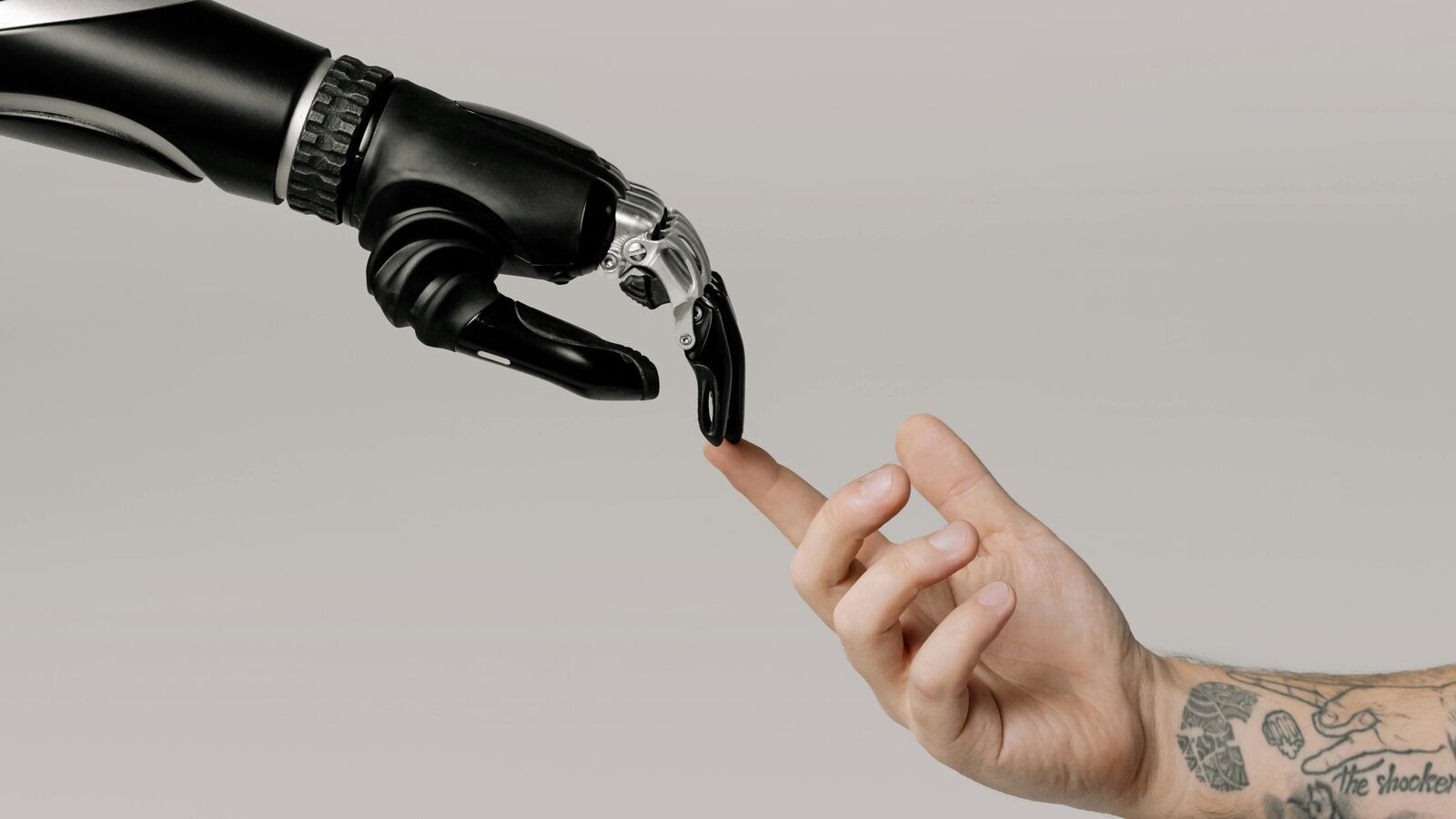Bill Gates: How AI Could Transform Healthcare, Education, and Blue-Collar Work
AI’s Potential in Addressing Workforce Shortages
In a recent discussion on the “People by WTF” podcast, Bill Gates highlighted the potential of artificial intelligence (AI) in addressing some of society’s most pressing workforce shortages. According to Gates, AI could revolutionize the fields of medicine and education, filling crucial gaps caused by the scarcity of doctors and teachers.
The Challenge in Healthcare
For years, countries in Africa and India have struggled with a lack of medical professionals, a challenge echoed in the United States as well. The Association of American Medical Colleges issued a report in 2022 forecasting a potential shortfall of up to 86,000 doctors by the year 2036. Michael Dill, director of workforce studies at the organization, emphasized that including minority and uninsured populations requires hundreds of thousands more doctors. Gates believes integrating AI in healthcare could mitigate these shortages significantly.
Healthcare-focused AI startups like Suki, Zephyr AI, and Tennr are already raising billions to automate repetitive tasks such as billing and note-taking, as well as improving diagnostic accuracy. Meanwhile, consulting firm McKinsey estimates that generative AI could stimulate productivity in healthcare and pharmaceutical industries by up to $370 billion.
AI Advancements in Education
Education is another sector where AI is making strides. A report released in 2023 disclosed that 86% of K-12 public schools in the U.S. faced difficulties hiring teachers for the 2023-2024 academic year. In the UK, institutions such as London’s David Game College are piloting programs where AI tools like ChatGPT supplement teaching in essential subjects. Despite concerns about AI being used for cheating, educational experts remain optimistic that these tools could save teachers time and enhance learning, especially in under-resourced classrooms.
Expanding AI into Blue-Collar Industries
Beyond roles in medicine and education, Gates envisions a future where AI could replace workers in blue-collar industries as well. Fields like construction, factory work, and housekeeping may see AI integration as companies invest in humanoid robots to handle manual tasks. Tech giants, including Nvidia, are investing heavily in robots capable of warehouse item-picking and floor scrubbing, aiming to enhance efficiency and cut labor costs.
Reimagining Work and Leisure
Discussing this transformative power of AI, Gates suggested a paradigm shift in how society views work. “You can retire early, you can work shorter workweeks,” he stated. This vision aligns with economist John Maynard Keynes’ 1930 prediction that technological advancements could lead to drastically reduced work hours. Nearly a century later, the typical workweek remains around 40 hours despite technological progress. Gates noted his own reflection on work, stating, “I don’t have to work. I choose to work. Because? Because it’s fun.”
Gates’ comments bring to the forefront a conversation about reimagining work and leisure amid technological advancements. As these changes approach, individuals and organizations alike may need to reconsider how they allocate their time and resources in a continually evolving landscape.
Stay updated with more stories like this on aitechtrend.com. Follow us for insights on AI, technology, and their impact on the world of work.








